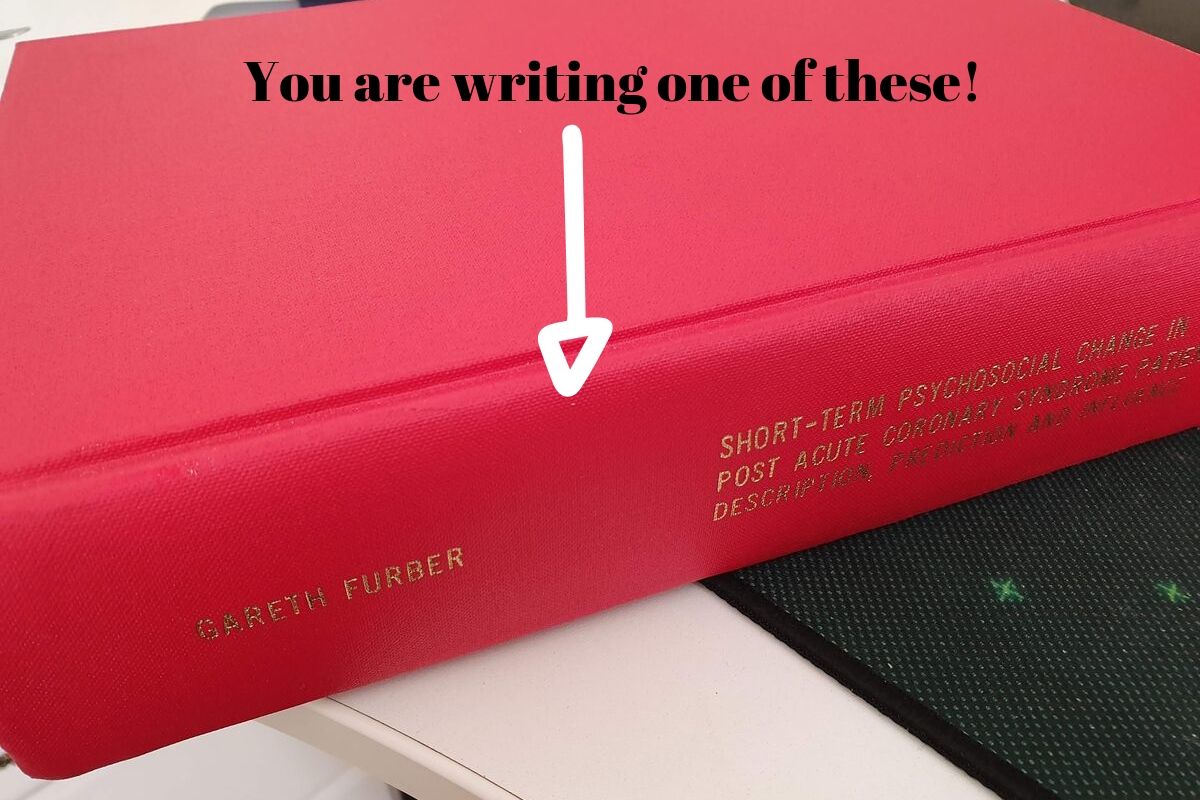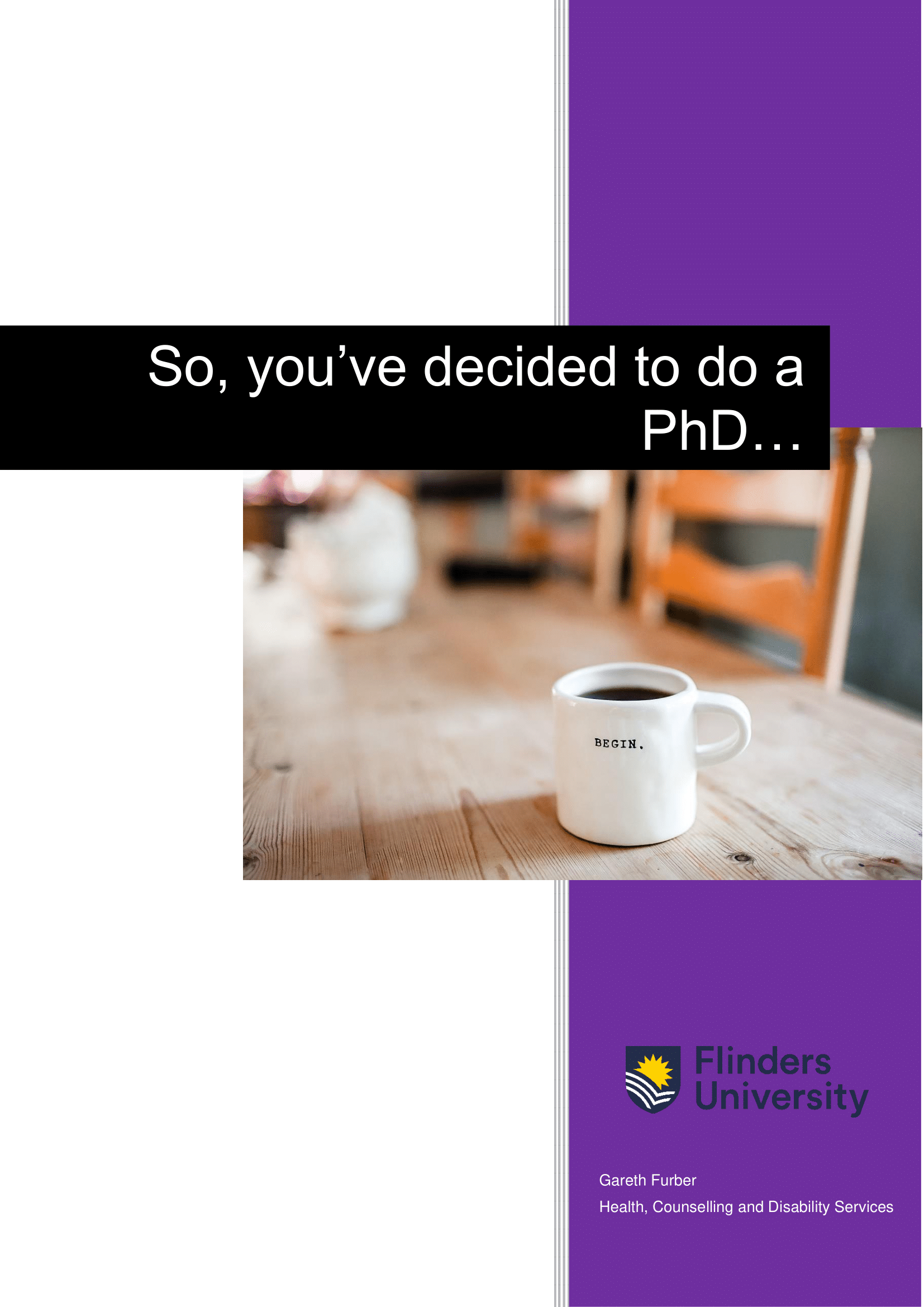
Update 30/4/24 – Spent some time updating the guide and smooshing it together with the latest version of the Self-care Mega Guide. Enjoy #phdlife
Self-care is any deliberate/ intentional/ strategic activity you engage in with the purpose of improving some aspect of your wellbeing: physical, mental, emotional, social, spiritual, intellectual.
I view it as a balancing force against the demands of everyday life. These demands use up life energy. Self-care replenishes that energy.
What is replenishing for one person, isn’t necessarily replenishing for another person, so each of us is responsible for working out what types of activities constitute self-care for us.
For example, some people find the preparation and enjoyment of food to be much loved activities. Others (like me) find it a chore.
Some people find exercise, although tiring, to be a wonderful psychological/physical ‘reset’ button. Others just find it tiring and silly.
Reflecting the diverse range of activities that one might engage in for self-care, our Self-Care Mega Guide contains many suggestions on what you could do to build wellbeing. It is a collection of activities that I’ve read or heard about along the way that have logical, and often empirically demonstrated links to improving wellbeing. My hope is that most people could find an idea in that guide that they could use in their own life.
In recent times, I’ve started to think about self-care from the perspective of specific groups such as students on clinical placements, students working towards a career in the helping professions, students in the creative arts. Thinking about self-care from the perspective of a specific group requires you to think about the unique challenges that are facing that group.
Thus I am happy today to be presenting our fourth version of the Self-Care for PhD students.
A PhD is a uniquely stressful and rewarding process. If appropriate to someone’s goals and talents, then I totally recommend doing one. But I am also aware, having done one, and co-supervised a couple that they aren’t a ‘walk in the park’. There are stressors and challenges unique to the experience of completing a PhD.
So this Self-Care Guide for PhD Students addresses a few things:
- Some recommendations from me, from my own experience, on things you can do to make the experience more rewarding.
- Some recommendations (based on my reading of the fairly scant literature) of the individually modifiable factors that predict PhD completion and satisfaction
- All the self-care strategies that appear in other self-care documents that we create
- Some guidance on when to reach out for help and links to the necessary resources for doing so.
Download, read, share, comment.
If there is something you’d like to see in a future edition of this self-care guide, let me know (gareth.furber@flinders.edu.au)
If you are PhD student and you have some tips and techniques that have helped you during your PhD, I’d also really like to hear from you. We hope to include student stories of success in future versions.


